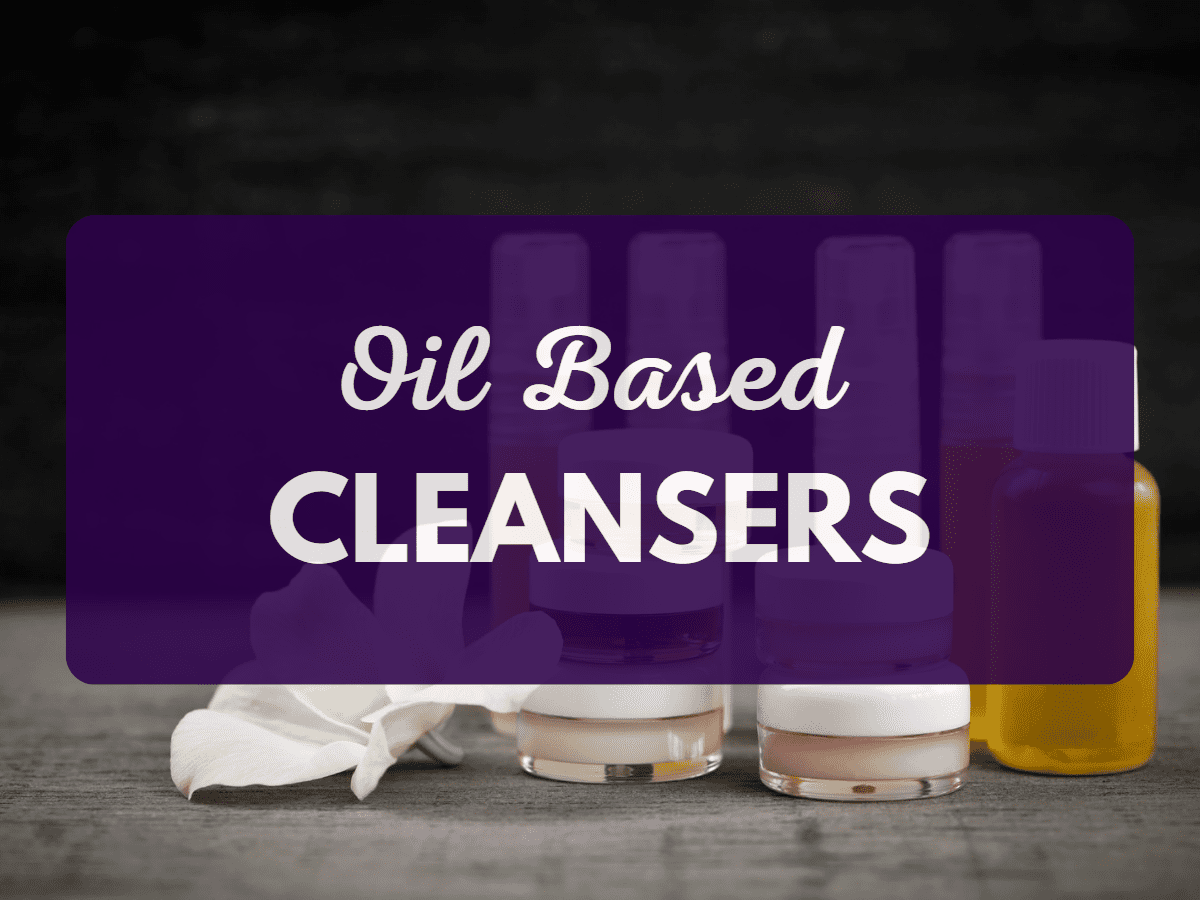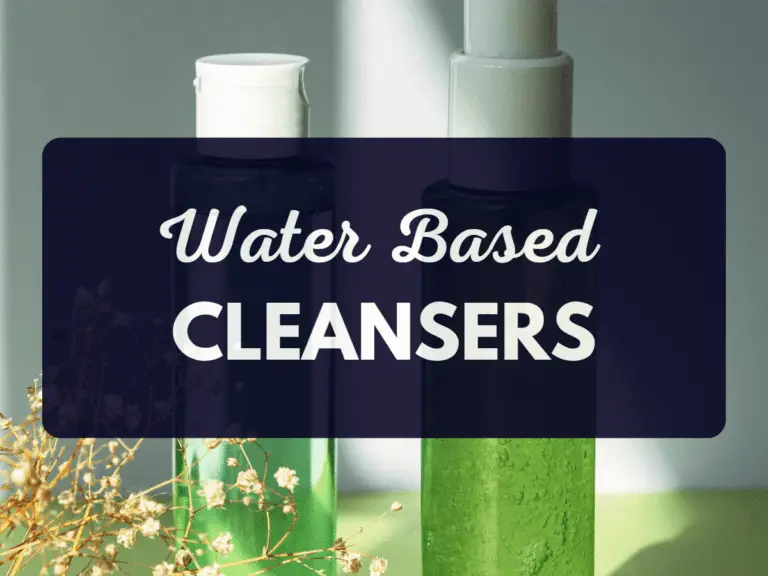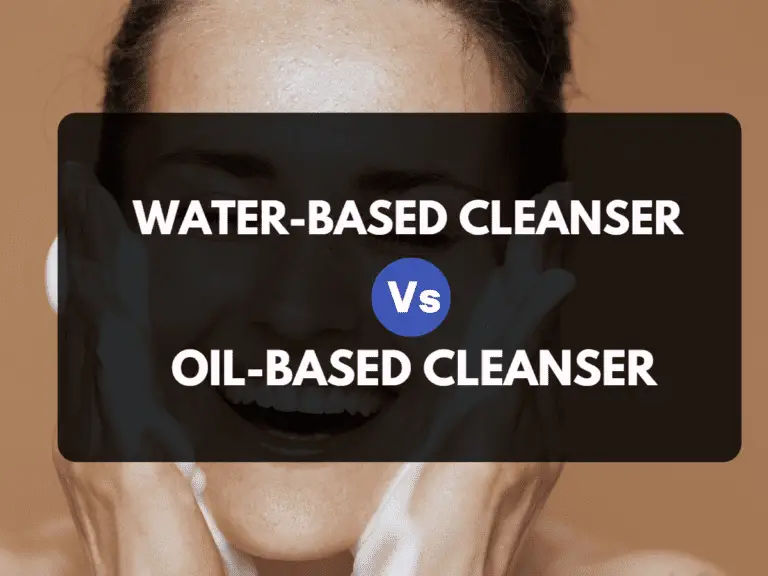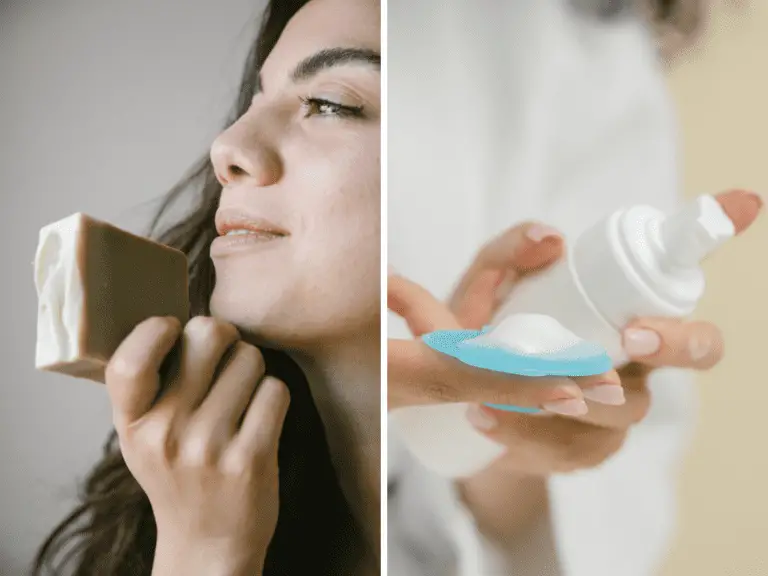Oil-based cleansers have become a popular addition to many skincare routines, but what exactly are they, and why should you consider using one?
In this blog post, we’ll explore what oil-based cleansers are and how they can benefit your skin.
Let’s find out!
What are Oil Based Cleansers?
Oil-based cleansers are a type of facial cleanser that contain oils as their primary cleansing ingredient. They are often used in a two-step cleansing routine, where the oil-based cleanser is used as the first step to removing makeup, dirt, and impurities, followed by a water-based cleanser to remove any remaining residue.
What do Oil-Based Cleansers do?
Oil-based cleansers work by using the principle of “like dissolves like.” The oils in the cleanser bind to the oils on your skin, including makeup, dirt, and excess sebum, and help to break them down so they can be easily washed away. This makes oil-based cleansers particularly effective at removing stubborn makeup and sunscreen and deeply cleansing the pores.
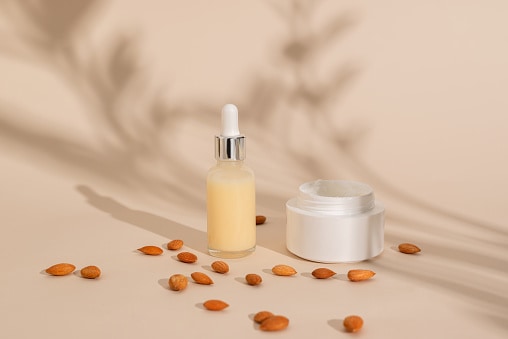
Benefits of Oil-Based Cleansers
Deeply Cleanses the Skin:
Oil-based cleansers are excellent at removing impurities from the skin, including makeup, dirt, and excess oil. They penetrate deep into the pores to remove buildup effectively and leave the skin feeling refreshed.
Nourishes the Skin: Many oil-based cleansers contain nourishing ingredients like essential oils, vitamin E, and antioxidants, which hydrate and protect the skin while cleansing.
Gentle on the Skin: Despite containing oils, many oil-based cleansers are gentle and won’t leave it feeling greasy or oily. They can help balance the skin’s natural oils and prevent excess oil production.
Can help to balance the skin’s natural oils: Oil-based cleansers work to dissolve excess oil on the skin’s surface, which can help to balance the skin’s natural oils and reduce breakouts.
Drawbacks of Oil-Based Cleansers
Can be Heavy: Some oil-based cleansers can feel heavy and greasy, particularly if you have oily or acne-prone skin. Choosing a lightweight oil-based cleanser that won’t clog pores or leave a residue on the skin is important.
Can be more expensive: Oil-based cleansers can be more expensive than traditional water-based cleansers due to the high-quality ingredients used in their formulation.
Requires a Double-Cleansing Routine: To remove all residue from the skin effectively, oil-based cleansers typically require a second step with a water-based cleanser. This can add extra time to your skincare routine and may not be ideal for those with limited time in the mornings or evenings.
Types of Oil-Based Cleansers
Oil-based cleansers are available in different forms to suit different skin types and needs.
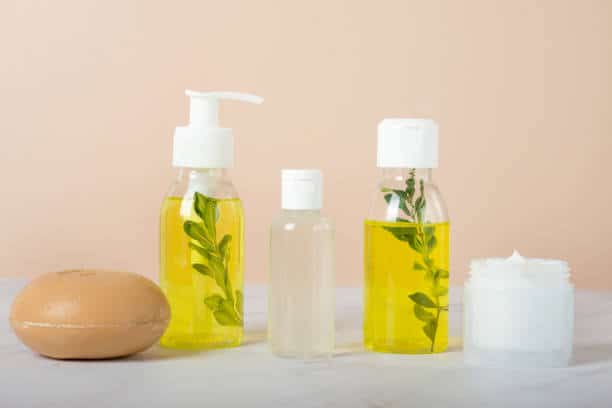
Cleansing Oils:
Cleansing oils are oil-based cleansers that can remove makeup, sunscreen, and other impurities from the skin. They are typically formulated with natural oils like jojoba, olive, or coconut oil and can be applied directly to the skin without needing water.
Balm Cleansers:
Balm cleansers are oil-based cleansers that come in a solid form and transform into silky oil when applied to the skin. They are typically formulated with a blend of natural oils and waxes and can be used to remove makeup and skin impurities.
Micellar Water:
Micellar water is a water-based cleansing solution that contains tiny micelles that act like magnets to attract and remove impurities from the skin. Some micellar waters are also oil-based, and you can use them to remove makeup and other impurities from the skin.
How to Choose an Oil-Based Cleanser?
Consider Your Skin Type:
Different oil-based cleansers are formulated to suit different skin types, so choosing one that will work best for your skin is essential.
For example, if you’ve oily skin, you may want to opt for a lighter oil-based cleanser, while dry skin people may benefit from a richer, more nourishing oil-based cleanser.
Look for Quality Ingredients:
When choosing an oil-based cleanser, look for one with quality ingredients like natural oils and antioxidants. Avoid mineral oil or other petroleum-based ingredients, which can clog pores and cause breakouts.
Consider the Texture:
Oil-based cleansers come in different textures, including oils, balms, and micellar waters. Consider your skin type and preferences when choosing a texture that will work best for you.
Check Reviews:
Reading product reviews can be a helpful way to get a sense of how well an oil-based cleanser works and whether it’s suitable for your skin type and needs.
Consider Application:
Consider how you prefer to apply your cleanser, as this can affect the overall experience. Cleansing oils and balms are best massaged into the skin, while micellar waters can be applied with a cotton pad.
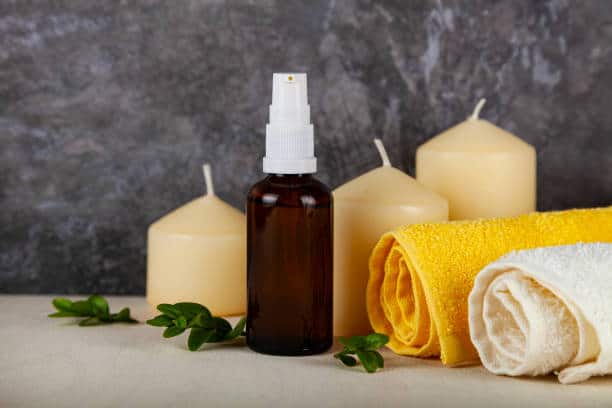
Tips for Using Oil-based Cleansers
Tip #1: Choose the Right Cleanser for Your Skin Type:
Just like with any other skincare product, it’s important to choose an oil-based cleanser that’s tailored to your skin type. Use a lightweight, non-comedogenic formula that won’t clog your pores if you’ve oily skin. If you’ve dry skin, go for a richer, more hydrating formula that will help nourish and moisturize your skin.
Tip #2: Start with dry skin
Oil cleansers work best when applied to dry skin, allowing the oil to break down any makeup or impurities on your skin fully. So, before using your oil cleanser, ensure your face is dry and free from excess water.
Tip #3: Use a gentle, massaging motion
When using an oil cleanser, it’s important to use a gentle, massaging motion to help loosen and lift away any impurities on your skin. Start by applying the oil to your face in circular motions, using your fingertips to massage the oil into your skin gently.
Tip #4: Remove the oil with warm water
To remove the oil cleanser from your skin, use warm water and a clean washcloth/muslin cloth. Gently wipe away the oil in circular motions, and be careful not to rub or pull at your skin too harshly.
Tip #5: Follow up with a water-based cleanser
While oil cleansers are fantastic for removing makeup and impurities, they don’t always fully cleanse the skin. Following up with a water-based cleanser is important to ensure your skin is thoroughly cleansed.
Tip #6: Experiment with different oils
Oil cleansers come in a variety of different formulas, each with its unique benefits and properties. Experiment with different oils to find the best one for your skin type and concerns. Some popular options include coconut oil, jojoba oil, and grapeseed oil.
Common Misconceptions about Oil-Based Cleansers
Oil-based cleansers have been gaining popularity in recent years, but there are still some misconceptions about them. Let’s debunk some of the common myths surrounding oil-based cleansers.

Myth #1:Oil-based cleansers are only for dry skin types.
- Explanation: Contrary to popular belief, oil-based cleansers can benefit all skin types, including oily and combination. Oil-based cleansers help to dissolve excess sebum and impurities on the skin’s surface, leaving the skin feeling clean and refreshed.
- Tip: Look for oil-based cleansers that contain lightweight oils like jojoba, grapeseed, or rosehip oil for oily skin types.
Myth #2: Oil-based cleansers will clog pores and cause breakouts
- Explanation: While it may seem counterintuitive to use an oil-based cleanser on acne-prone skin, oil-based cleansers can actually help prevent breakouts by dissolving excess oil and impurities that can clog pores.
- Tip: Avoid clogging pores to avoid clogging pores by looking for oil-based cleansers that contain non-comedogenic oils like argan, sunflower, or castor oil.
Myth #3: Oil-based cleansers will make my skin more oily.
- Explanation: Some people may worry that oil-based cleansers are difficult to remove and may leave a greasy residue on the skin. However, oil-based cleansers can be easily removed with water or a gentle foaming cleanser.
- Tip: Follow up with a water-based cleanser to remove any remaining residue and leave your skin feeling refreshed.
Myth #4: Oil-based cleansers are not suitable for use around the eyes
- Explanation: Oil-based cleansers can be an excellent option for removing eye makeup and mascara without causing irritation or dryness around the delicate eye area.
- Tip: Use a gentle oil-based cleanser and avoid rubbing or tugging at the skin around the eyes.
Key Takeaway
Oil-based cleansers can be a game-changer for your skincare routine, regardless of skin type. They work by dissolving excess oil and impurities on the skin’s surface, leaving your skin feeling clean and refreshed. You can enjoy the benefits of healthy and glowing skin with the right oil-based cleanser.
Frequently Asked Questions:
Q: Are oil-based cleansers suitable for sensitive skin?
A: Yes, oil-based cleansers can be suitable for sensitive skin. However, choosing an oil-based cleanser formulated for sensitive skin is important and does not contain any irritating ingredients.
Q: How often should I use an oil-based cleanser?
A: You can use an oil-based cleanser once daily, depending on your skin type and preference. Some people prefer an oil-based cleanser as a first step in their double-cleansing routine, while others use it as their only cleanser. Just listen to your skin and adjust your routine accordingly.
Q: Can I use an oil-based cleanser if I have acne-prone skin?
A: Yes, oil-based cleansers can be used on acne-prone skin, but it’s important to choose an oil-based cleanser that is suitable for your skin type and contains non-comedogenic oils. Some oils, such as coconut oil, can be comedogenic and may cause breakouts.

